With ERP software, you automate all departments and processes within your organization. With so many different requirements, ERP software quickly becomes complicated. While an important factor for success is to keep it simple.
Easy and fast implementation at low cost
This starts as early as the implementation of an ERP system. It's tempting to make the scope broad so that you're going to create a complete solution for everyone in the organization. But is that even feasible? A broad scope means a larger and more complicated project. It costs more money, more time and increases the likelihood of errors and problems. And you might be adding components to the ERP implementation that you don't really need at all or that are much better added in a second phase. Keep it simple with the ERP implementation by going live with what you really need. The go-live of the system is not the end. Instead, it is the starting point for improvements. See also this blog about where an ERP implementation should not take too long.
Short learning curve and few barriers for employees
An ERP system that is user-friendly and supports processes that are simple and straightforward is easy for your employees to use. Whether it's a new ERP system, or new employees; a short learning curve increases user productivity, enjoyment and efficiency. With a simple ERP system, you lower the barrier for employees to use the software in the way intended. An ERP system that is complicated or slow or has a poor user interface is quickly avoided by users. They revert to old ways of working, look for workarounds or resist the ERP package.
"ERP software should optimally support your organization not only now, but also in the future."
Support internally and externally is easy
Every ERP system requires support. That starts internally with your own IT department and key users. And of course, support is easier with a simple ERP system. You can successfully help users of a simple ERP system who need support more often and more quickly. As a result, they are productive again faster and you have to call on your ERP partner's support department less often. And that in turn saves time and money. If you opt for complicated processes, a lot of customization and various interfaces and integrations, support becomes more difficult, both internally and externally.
Future expansions and upgrades are more enjoyable and cheaper
It is wise to always think about the future when making ERP choices. ERP software should not only support your organization now, but also in the future. So take into account potential growth, new markets or activities of the company, developments in your industry, changes in laws and regulations and technological developments. All reasons to make future adjustments, use additional modules and functionalities and upgrade to new versions of the package. And with a simple ERP system this is much faster, more pleasant and cheaper than with a complex ERP system.
While simplicity in ERP offers many advantages, it is not always realistic. For some companies, processes are simply more complicated, or custom development is required, or interfaces with other applications are required. But where possible, you do well to make the subject of ERP simple and manageable.
Peter Gerhardt is Senior Lead Consultant Logistics at Dysel and helps customers achieve maximum results with business software.
